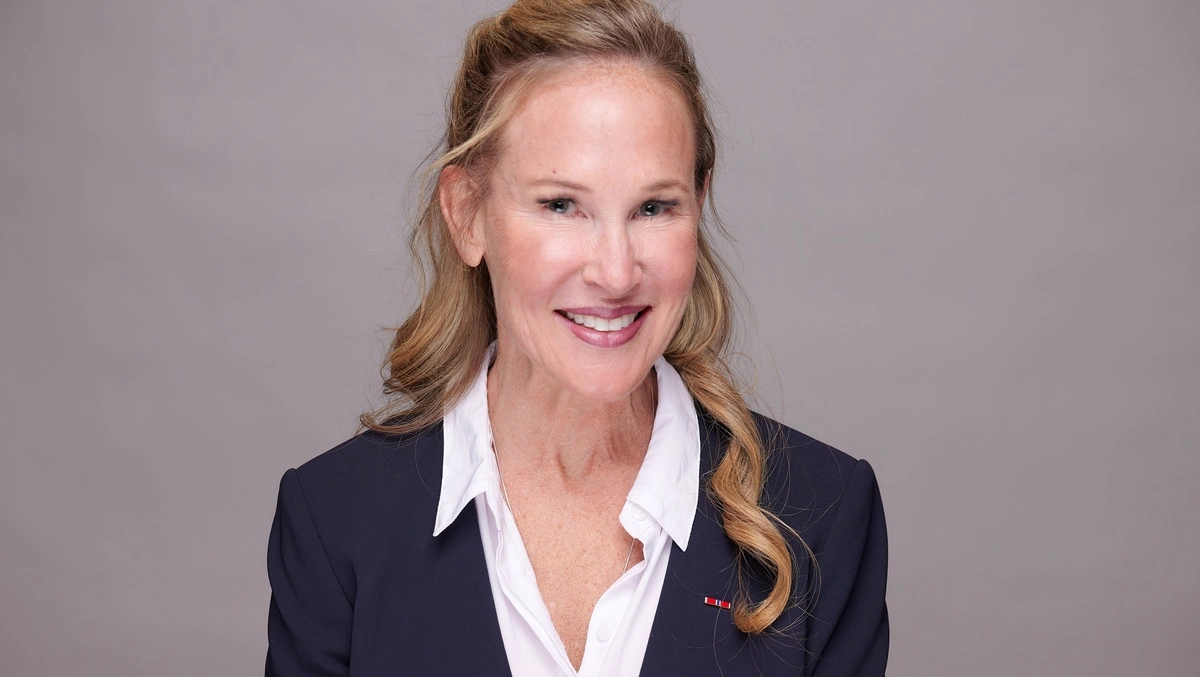
IWD 2024: How genuine inclusiveness let me shine in US Special Forces
As a senior strategic advisor – public sector at ExtraHop, the market leading supplier of AI based network intelligence solutions, my days are never dull. Helping ExtraHop clients combat advanced threats across cloud, hybrid, and distributed environments is challenging, rewarding and critical work.
It's also true to say that my typical workday is very different than it was a year ago.
In 1996, I was commissioned as a Second Lieutenant communications officer in the United States Air Force. It was a career that would last over 26 years, with retirement as a Colonel in 2023. During my time in the military I was in a career field that was largely dominated by men, however, I was given opportunities that earned me progressively senior roles.
9-11 Changed Everything
It was an unremarkable trajectory, then 9-11 happened and more combat roles were required - more diverse opportunities had to be filled. After assignments in Korea, Europe and the Middle East, I landed at the United States Special Operations Command, working for highly decorated leader Admiral Eric T. Olson, whose actions in the battle of Mogadishu are legendary. He had enough faith in me to send me to the second iteration of the Cultural Support Team (CST-2) Selection and Assessment. A process, where if selected, would earn you the privilege to embed with US Special Forces (SF) in Afghanistan to aid SF teams in engaging the female population they were not permitted to interact with.
It was an unorthodox decision to allow me the opportunity to participate in SF Selection and Assessment. At just five feet tall, dressed in Air Force grey/blue vs the Army black/gold I stuck out as the Air Force member, and at 43 years old I was much older than the average candidate.
While the course instructors may have watched on with curiosity, no one told me I was too old, too small or from the wrong military service. When the dust settled, and against all odds, I had earned a spot to subsequently deploy to Afghanistan with the 3rd Special Forces Group.
On the front line
Due to my rank at the time (Lieutenant Colonel), I was appointed as the director of the 52 all-female CSTs. These 2 person teams were the first CSTs deployed to the Afghanistan theatre that had gone through formal training that was similar to what their male counterparts had gone through. The women were embedded with various Special Forces Detachments and SEAL Teams across Afghanistan with a mission of engaging with the female population in ways that were impossible for men to do within that deeply conservative society.
Upon return to the US, I subsequently held a string of other command roles that capitalised on my cyber background: 55 Cyber Squadron Commander Squadron, Joint Task Force Cyber Component to the Military District of Washington. My final position was the 709 Support Group Commander at the Air Force Technical Applications Center (AFTAC), where I oversaw the maintenance and operations of the global Nuclear Command and Control (NC3) sensor network that supports global nuclear monitoring used for Nuclear Treaty enforcement. It was truly an honour and privilege to hold these positions.
Including the outliers
My career in the military and now at ExtraHop could not have been carefully planned - each year brought a new challenge and new adventure. When I reflect on my time in my military roles and now my role with ExtraHop, I am grateful to the leaders who were prepared to take a chance on me - despite the fact I am not your stereotypical candidate.
Inclusion is understanding that all individuals have value and gifts to bring to the problem set. Teams are richer if those gifts are diverse, coming from people with different experiences. It's critical to not judge a book by its cover. Give opportunity to the quiet one, the small one, the goofy one – if you don't, you may miss the chance to put together the "Dream Team". Sometimes potential is not immediately obvious and it requires you to put aside your first impression.
Within the complex landscape of implementing cybersecurity and creating innovative technology, diverse and inclusive teams will provide you with the solution. My career in the military benefited from multi-disciplinary teams with multiple skill sets, and it translates easily to industry. Investing in great people is more important than investing in great technology. Always be on the lookout because you may find those great people in surprising places. People first - mission always.
Paying it forward
I have been a beneficiary of inclusiveness during my time in the military. It has inspired me to look for those that may have been overlooked - and engage with those individuals.
I am a passionate supporter of programs that open up opportunities for veterans, minorities, women and disadvantaged groups. ExtraHop recently gave me the opportunity to participate in their Giving Tuesday campaign, using my platform to help raise money for Girls Who Code, a non-profit organisation that addresses the growing gender gap in computer science. Bringing in these often overlooked cohorts can result in richer solutions to problems and better outcomes for the individuals in question.
As we celebrate the progress our gender has made towards genuine equity and inclusion this International Women's Day, I celebrate the leaders whose generosity gave me and so many other women an opportunity to act fearlessly and soar to previously unexpected heights.